Hemingway said, “Write one true sentence; write the truest sentence that you know.” Sounds easy, right? Not so much. Here's another literary reference to help me jump into this thing. Sinclair Lewis begins his famous novel, “Elmer Gantry was drunk.”
Well, my father was a drunk and a violent one, too. My mother bore the brunt of the abuse, but my sister and I got our fair share of it, too. No gory details here. That is not what this blog is about. My grandfather, on the other hand, was a gentleman, erudite, educated, the esteemed superintendent of Garden City, Michigan schools. As opposed to my mother’s clan, my father’s family had little to recommend it, that is, some went to jail; most did not pursue the brass ring. The social rank dichotomy, and the resulting chasm between my dad’s family and my mom’s family, could not have been broader or starker. My niece, Aramenda, asked me how my mother met my father. I have no idea. I was born two weeks before she turned twenty; my father was nineteen. He turned twenty the following summer. When my mother was seventeen, she lost her left leg, amputated just above the knee, to bone cancer.
In the 1950s, many families faced with relatives who had handicaps, hid them. My family hid my mother in plain sight. My mother’s family was more socially advanced and progressive in this regard, because often other families hid their children, wives, husbands, sisters, in institutions. My mother remained at home until she escaped to another institution, marriage. Today, it is hard to imagine. I know. One might be forgiven for thinking that only the mentally ill were tucked into the wards of state hospitals, but it is simply not true. Children with all kinds of anti-social behavior, mental disabilities, the promiscuous, the rebellious, oddballs, and people with physical problems were a candidate to be declared a ‘harm to themselves’ and the courts institutionalized them on behalf of the state and the family. If a person, or a child, defied the norms of the day, the prospect was not good if a family was determined to hide them.
My mother's social prospects evaporated as soon as she lost her limb. So, I suspect meeting my dad was as a direct result of not being connected anymore to the young men that she was formerly allied to, associated with those boys, for no other reason than her status as her father’s daughter. Who knows. It is reasonable speculation. I know my grandparents never approved of my father. Why would they? Family drama is present in every family, extended or immediate. It's just a matter of degrees. On a scale of 1 to 10, pick a number; one never knows how, really, dramatic their family’s story is as compared the people next door.
Originally, the plan was to go visit my family’s Westand, MI home early in the morning with Teddie, immediately after I crossed the border from Canada into Michigan; then, go see Aramenda and her family. When I told Aramenda what my plan was, she asked if she could tag along. Although, I thought that might change the dynamic, I said yes, because she wanted to see my family home, too. I am so glad she came with me. Spending the day with her was wonderful for both of us. After all, her mother grew up there, too. I should not have been surprised, but I was anyway, to find out that Aramenda has never seen the house that we grew up in, because my sister Michele refused to take her there. That makes sense to me, because when I tried to take Michele there, a long time ago, she flat out refused to go with me, too. Aramenda has a lot of questions about my father, our collective family, and how the breakups and separations took place. She also has a lot of questions about my mother and how her mental health, precarious and uneven, affected the family. The questions, of course, led to what impact my mother's mental health had on both my sister and me. Without digressing into the gory details here, let it suffice to say, that it affected us all and continues to shadow our thoughts into our 60s. It still affects Aramenda, with no actual exposure to the ‘drama’, and she is in her forties. Rather than avoiding the trip down a bumpy memory lane, I believe taking the journey is both cathartic and liberating. In fact, I think it was cleansing for both Aramenda and me to do it together. There was very little emotion in it. We were almost like two casual observers, perched on the outside on a railing, looking down at something that happened a very long time ago. And it did. A very long time ago.
My sister and I grew up in Westland Michigan. We moved to our house on 449 South Wildwood when I was in second grade. Our little house looks like all the other little boxes on the street. One can travel, block after block, and see essentially the same small brick faced homes, with similar floor plans, one after another, all in a row. The yards are the size of postage stamps and in every driveway are the cars of the lower middle class. We had three tiny bedrooms with a bath and a half. Maybe 1,200 square feet. There was a small kitchen, a small living room, and an unfinished basement. After my dad left, when I was eleven, my mom worked for Wayne County General Hospital as a clerk of some type. Those were lean financial times. No support from my father. There was never enough money. After sixth grade I bought all my own clothes and spent what little money I managed to earn, some of it illicitly, on entertainment.
Wilson Elementary School, my first elementary school, then located in Nankin Township, later incorporated into present day Westland, was a couple of blocks down the street. The school does not exist anymore. We drove by the woods that I used to ride my bike in, hunting for Germans, pretending to be Vic Morrow from the television show, ‘Combat’. Now, the forest is surrounded by a fence with no ready access to those wonderful dirt trails. It has a sign indicating that it is owned by the school district. When I was in third grade John F Kennedy was assassinated. Like most who were alive on that horrible day, I distinctly remember much that happened to me that day. We were in our classroom, sitting in our chairs at our desks, lined up in rows, and someone from the office announced over the loudspeaker that President Kennedy had been shot. Our teacher immediately broke down into tears. She fled our class and left us in the room by ourselves. I assume, she went to find comfort from other teachers. We felt abandoned. We had no clue what was happening. What does it mean that the President has been shot? All the kids were so upset, and the fact that we were left alone in the classroom, made things even worse. Some kids got under their desks. That is what we were trained to do in case of a nuclear attack. The kids didn’t know what to do. My best friend, Doug Foster, decided he was going to go home. That's what I did. I only lived a couple of blocks away. So, I went home, too.
Aramenda and I drove by Doug Foster’s house, my best friend in elementary school and early middle school. He and I tried to write a novel once, something about a volcano on a deserted island. I told Aramenda a story about a time when I was in middle school, John Marshal Junior High School, when Doug Foster, his older brother Michael, and myself watched the first pornographic movie that I've ever seen. We watched it on an old home movie projector after carefully threading the film into the machine. Doug’s parents were at a party and they came home early and caught us watching the movie. I was so scared I was going to get in trouble, but I remember being annoyed by his father’s reaction. All he wanted to do was give us a hard time and laugh, asking us stupid questions about what we saw on the film. Doug’s mother was so disgusted she just went back upstairs.
When I was in fifth grade I went to Stottlemyer elementary school. While I was there, a local neighborhood boy named John Turner, a young man still in school himself, and as we later found out, the boy used to sniff a lot of glue, shook our town's suburban peace.. I didn't know the kid, but one time when he was completely whacked out on glue he took two little girls out in the woods and murdered them. It was a pretty gory deal. He buried them in the Stottlemeyer Elementary School Woods. He lived very close to my childhood friend, Dan Woodcock. As I write this, I am sitting at the dining room table of Dannie and Vickie Woodcock in Manton, Michigan. The whole tragedy really shook up our part of town. It makes sense, of course; it also makes sense that this awful event is stuck in my mind after all these years.
In sixth grade, I went to Wildwood Elementary School. After leaving our car in the school parking lot, Aramenda and I walked out onto the school’s ball field. I showed her the spot where I found a young tough that I grew up with by the name of Keith Banks lying flat, face down, in the snow; and he was drunk as a skunk. I spied him as I walked across the field on my way home from the sixth grade Christmas concert at Wildwood Elementary School. I thought he was dead. He lifted his head, looked at me, and said, “Fuck you Hutchings.” Then he laid right back down. Why I remember that, I have no idea. I can't remember what I had for dinner yesterday half the time. Most of the guys I grew up with we’re a little rough and tough. Their dads worked at any one of the various factories making automobiles. They came home every night and got absolutely hammered, some of them did some horrible things to their families. I remember one time, in the wee hours, the cop who lived across the street from us was beating his wife so severely that she ran screaming into the street, followed by him brandishing a kitchen knife in his hand. I just happened to be awakened by all the noise and I ran outside, and I yelled at him. What a stupid thing to do. He made the decision to stop the insanity and go back inside in house. He easily could have made the decision to kill her and to kill me for seeing it. The sad thing is: she went back into the house, too.
In another small house down the street from where I grew up there was a fellow who built an Indian Motorcycle, or rebuilt one, I’m not quite sure. One Saturday, while working on that motorcycle, he got pretty drunk. I was there. I don't remember how old I was, but we younger fellows used to hang out with these motorcycle guys, revering them as truly being representative of manliness. He decided it was time to test drive that motorcycle. He fired that thing up in the basement, revved the engine, and drove it up those steps and out that side door and just missed hitting his head on the carport overhang. All the time, he was yelling like a banshee.
The Kmart, about a half mile from our house, is where we used to hang out after football practice. We used to steal cartons of cigarettes from Kmart Foods, go over to the snack bar in Kmart proper, get a submarine sandwich, take a seat in a booth and fire up a stolen cigarette. We would stay there for hours smoking and telling each other lies. It was behind the middle school. It is abandoned, now. That Kmart Foods store, attached to Kmart, was where we bought our household groceries. I remember when my mom got divorced from my dad, she went there to get a check cashing card. You needed a check cashing card to be able to use your personal checks in the grocery store. She was denied that card because, they said, she was a divorcee. Imagine that. She was not even surprised. She was pissed, but not surprised. I suspect most women were not surprised by that type of discrimination during the 1960’s and the 1970’s.
My memories of high school, graduating from John Glenn High School in 1973 by the slimmest of margins, we're mostly of skipping school and doing drugs. Sometimes, we sat out on the lawn, or hung out in the parking lot, to watch the guys race their cars. Well, not really race their cars, more like putting one foot on the brake and the other on the accelerator and burning rubber; then take a trip around the parking lot and line back up and do it again.
Before we made our last stop, our most important stop, Aramenda and I decided to get a couple Coney dogs. I haven't had a Coney dog in I can't even remember when. First, we passed the place, then turned around and went back, before pulling into the driveway of a beat-up old Coney stand on Ford Road in Garden City, Michigan. Man, those dogs were good.
Thankfully, my grandfather, Doctor Edwin J. O’Leary, set the manhood bar high for me. “A righteous man does his best, not because he is being watched, but because it is the right thing to do.” Here is another quote that sticks in my mind from my grandfather, “A man judges himself based on the quality of his work.” He insisted that family, country, and work come first. In that order. Despite his best efforts, while in high school I was pulled to the other side, the dark side. I am very lucky that I did not end up in jail. Joining the military instead. That was a choice that was offered to most young wayward men back in the day. Go to jail or join the military. It was not the court system that offered that option to me, but it was reality, and the fact that I knew that the police were aware of what I was doing for a living provided additional impetus. When I discovered that I'd gotten Dawn's mother, Kathleen Stonick, pregnant, I knew I had to make a choice. I joined the military for the health care benefits and - to get me out of Dodge. Thankfully, the idealized version of my grandfather stayed with me. Between the lessons I learned in the military and what my grandfather taught me growing up, year after year of instruction, I finally changed my life’s trajectory. I credit my grandfather and the military for making me the man I am today.
As noted, my grandfather was the superintendent of Garden City schools, he was there for a couple of decades. Retired in 1968, he took a professorship and chaired his department at St. Louis University. Often, he taught those who were already working as superintendents in a school district, teaching them how to do budgets and build buildings and generally do what a good superintendent of schools is supposed to do while in office. As a tribute to his former service, and in recognition of what he did for the Garden City School District, the school district built a performing arts center. In 1970 it was dedicated and named after him: the Doctor Edwin J. O’Leary Performing Arts Center. The only time I ever went into the building was the day it was dedicated. Some time ago, someone told me, the building was not named after him anymore. I cannot remember who told me, but I remember being very disappointed. To be absolutely sure, I needed to go see the building for myself.
When we drove by and I saw the dedication still on the building I was thrilled. We pulled into the parking lot and went inside the administration office. We identified ourselves and someone graciously contacted the principal, Sharon Kollar, an open unassuming woman with an energetic and positive persona. She grabbed her keys and took us on a personal tour of the arts center. Principal Kollar told us that she used to run the performing arts center before she became principal of Garden City High School, that means that she knew, “where all the switches are,” to operate the curtains and turn on the lights. She went up on the stage and retreated to some control panels back stage and made sure to close the stage curtains, turn on some lights, and tidy things up so we could take some pictures. What an awesome thing for her to do. We were there ad hoc, with no warning at the end of her and her staff’s working day. My grandfather would have been proud of her. He would be gratified that she dropped what she was doing, showing great hospitality, to show a couple of citizens, people she does not know from Adam, his building. It is the unsung dedicated public servants that put people, students and constituents first; they make our government work, everywhere, across this great land.
There is no Latin word for truth. Conversely, there is no German word for fact. Although some people think that truths are self-evident, they are not. Each of us sees events from a different point of view. It depends where the sun shines on an object to predict where the shade will fall. Plato got it right in his cave dialogue. One cannot have a vocabulary for things that one does not experience directly, the shadows on the back wall represent a false version of the truth. As it relates to people, watching human events unfold, we each perceive the world from where we stand, or sit. We stand in different positions relative to any object, or event. Our observation may cause the shadow to either be longer or shorter, darker or lighter, and of a different hue altogether, depending on our juxtaposition to the event or object. Our observations, with all the different shades of grey that we remember, become our truth. Soon that becomes our version of history, not always based on fact, but cemented in our memory none the less.
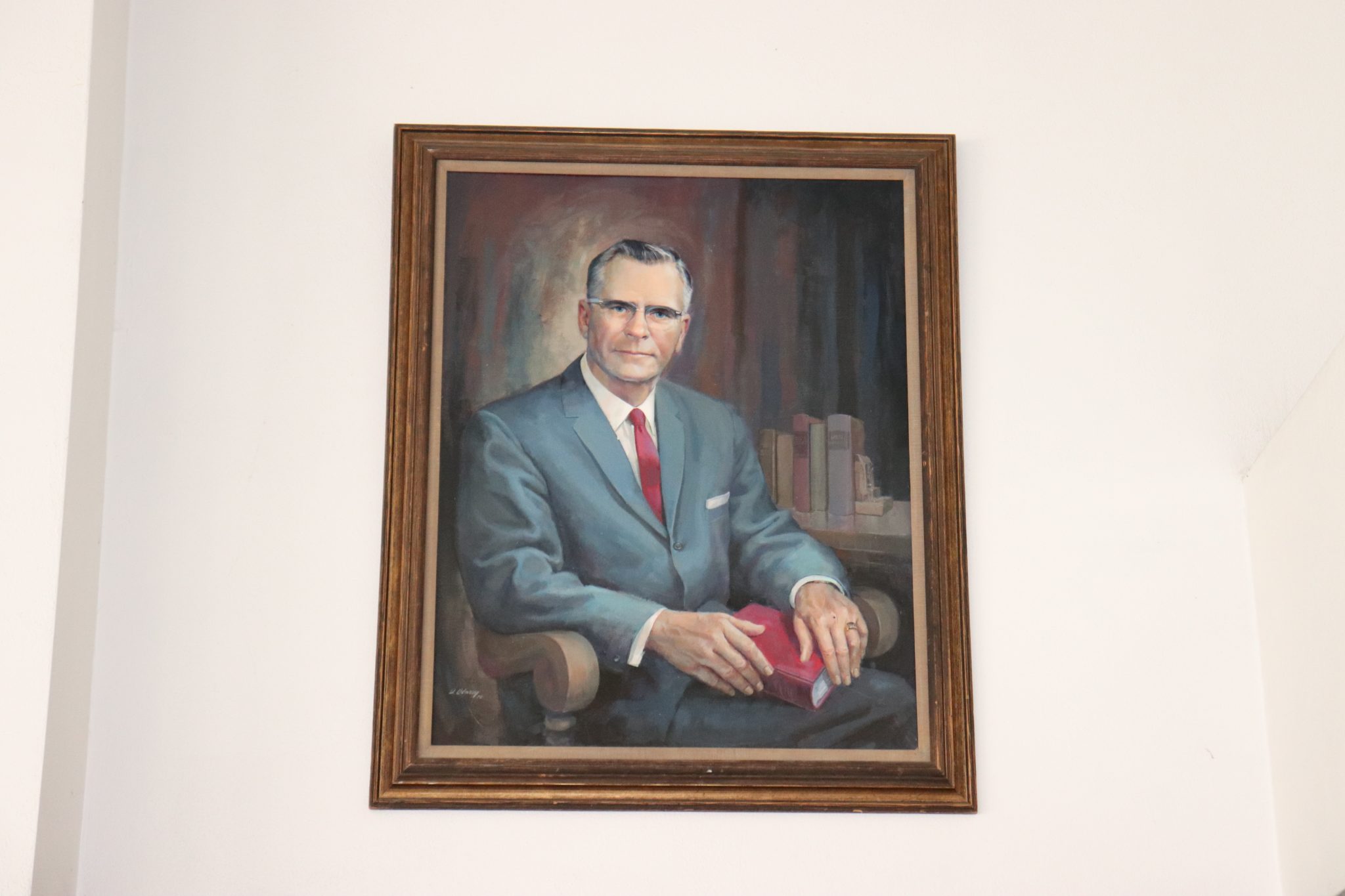

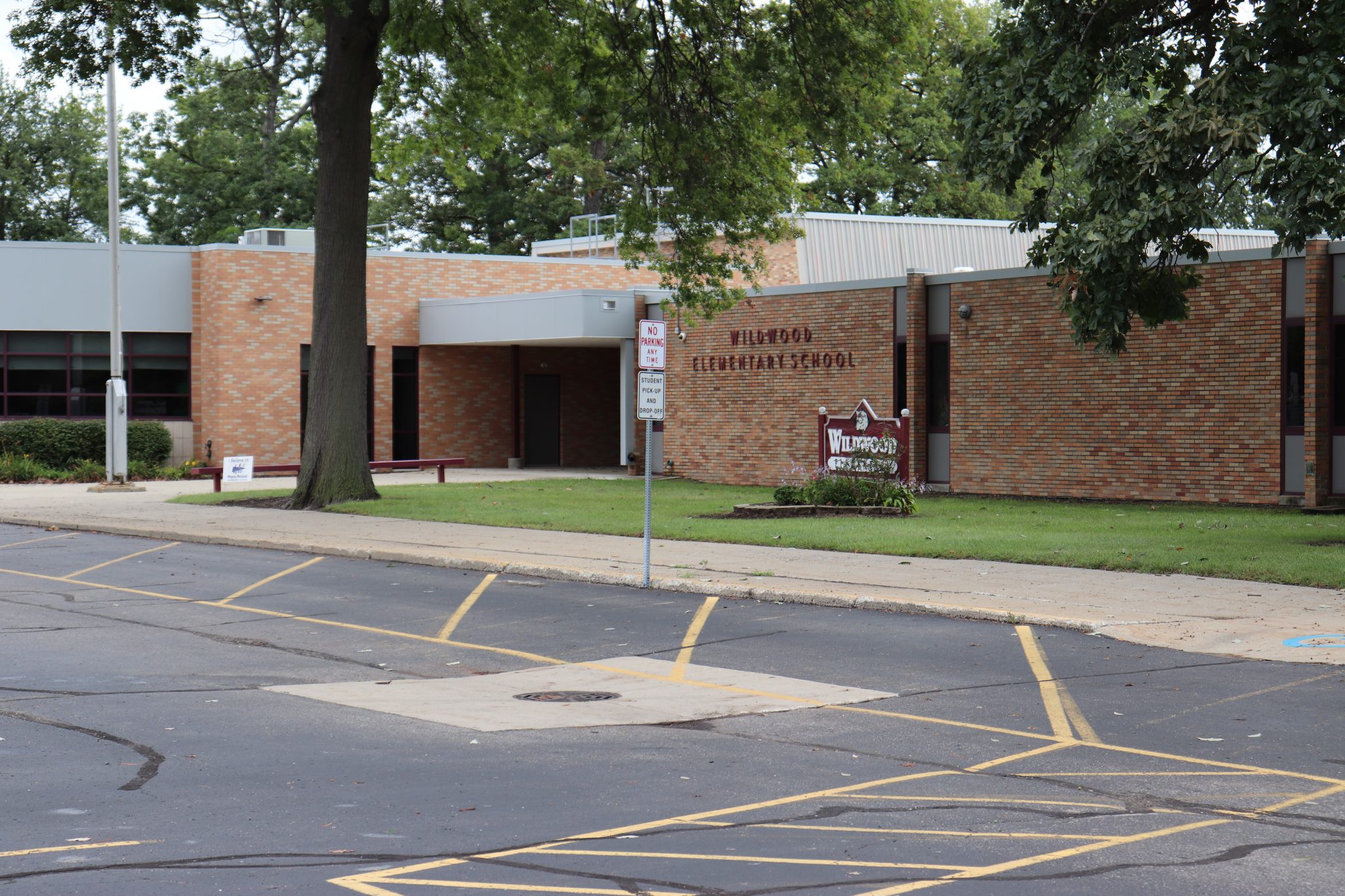
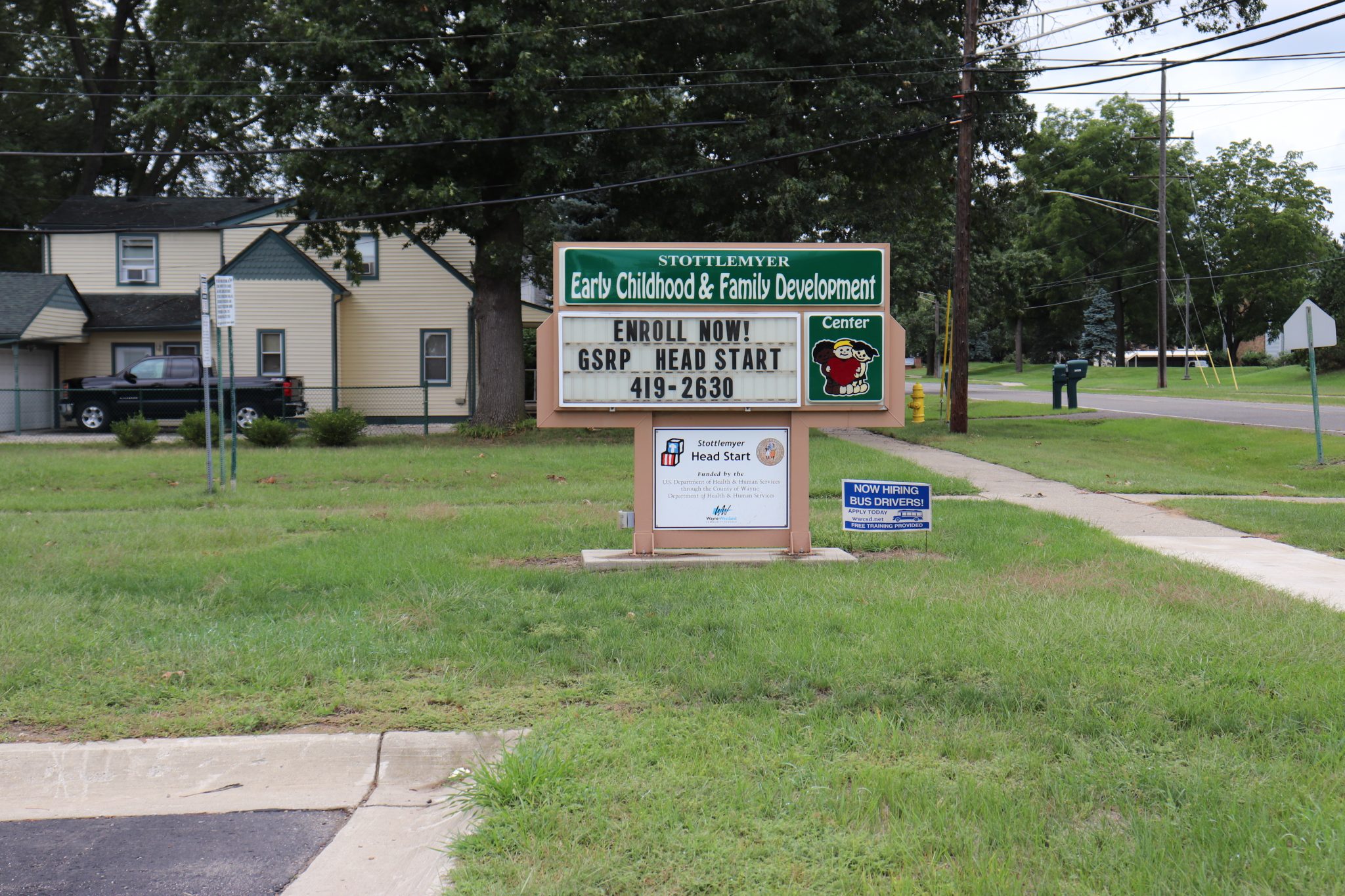


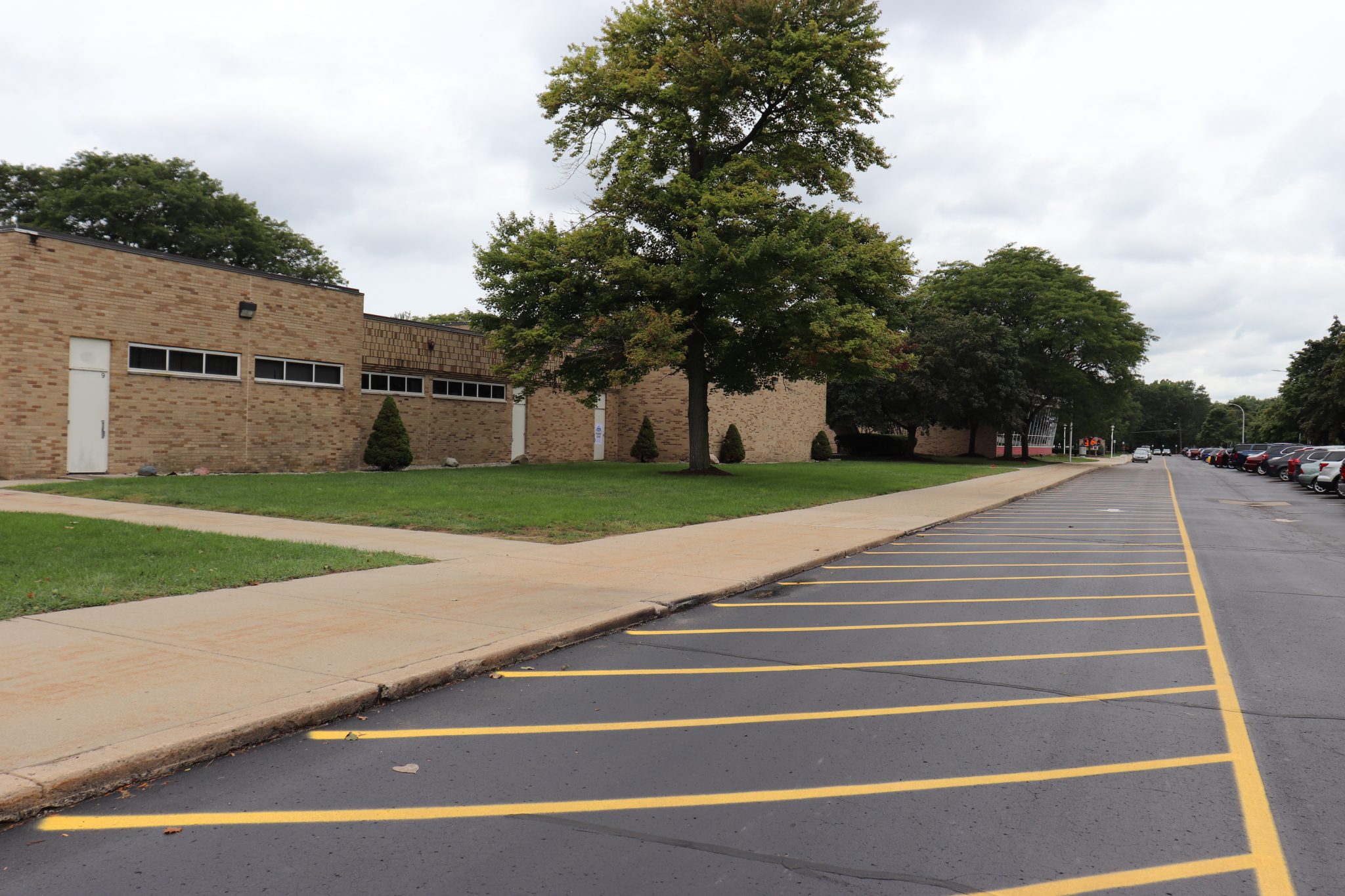

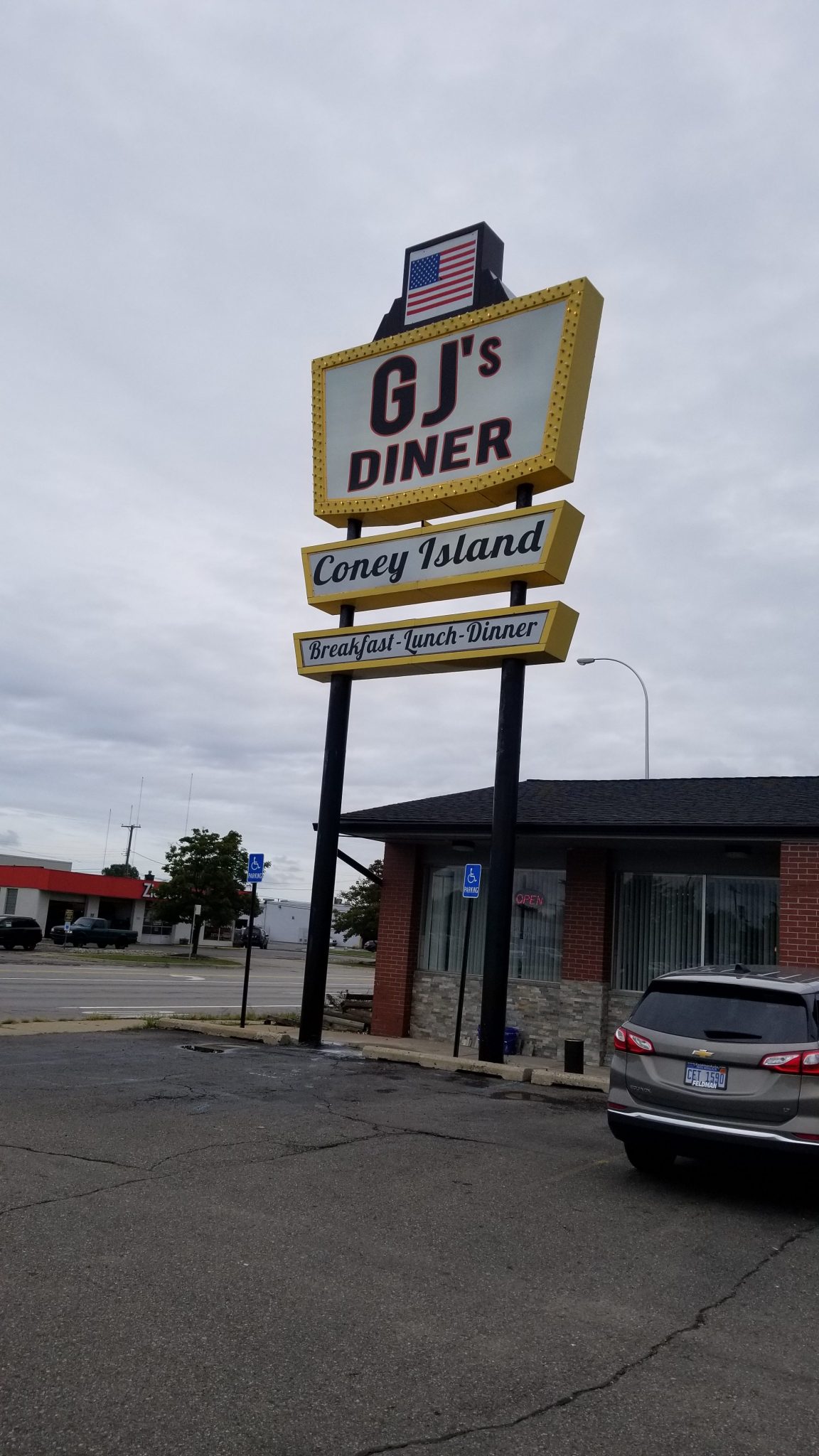

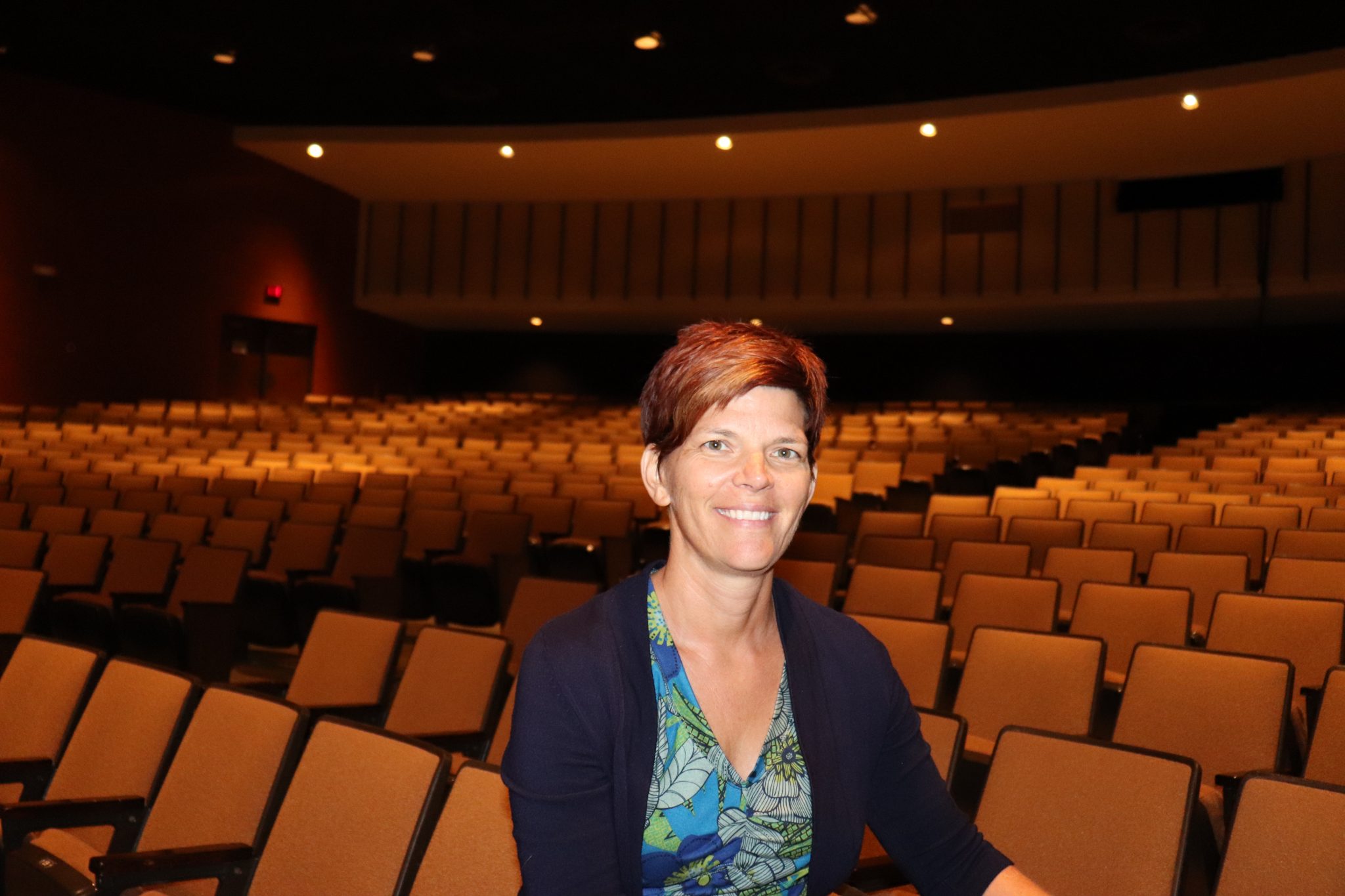

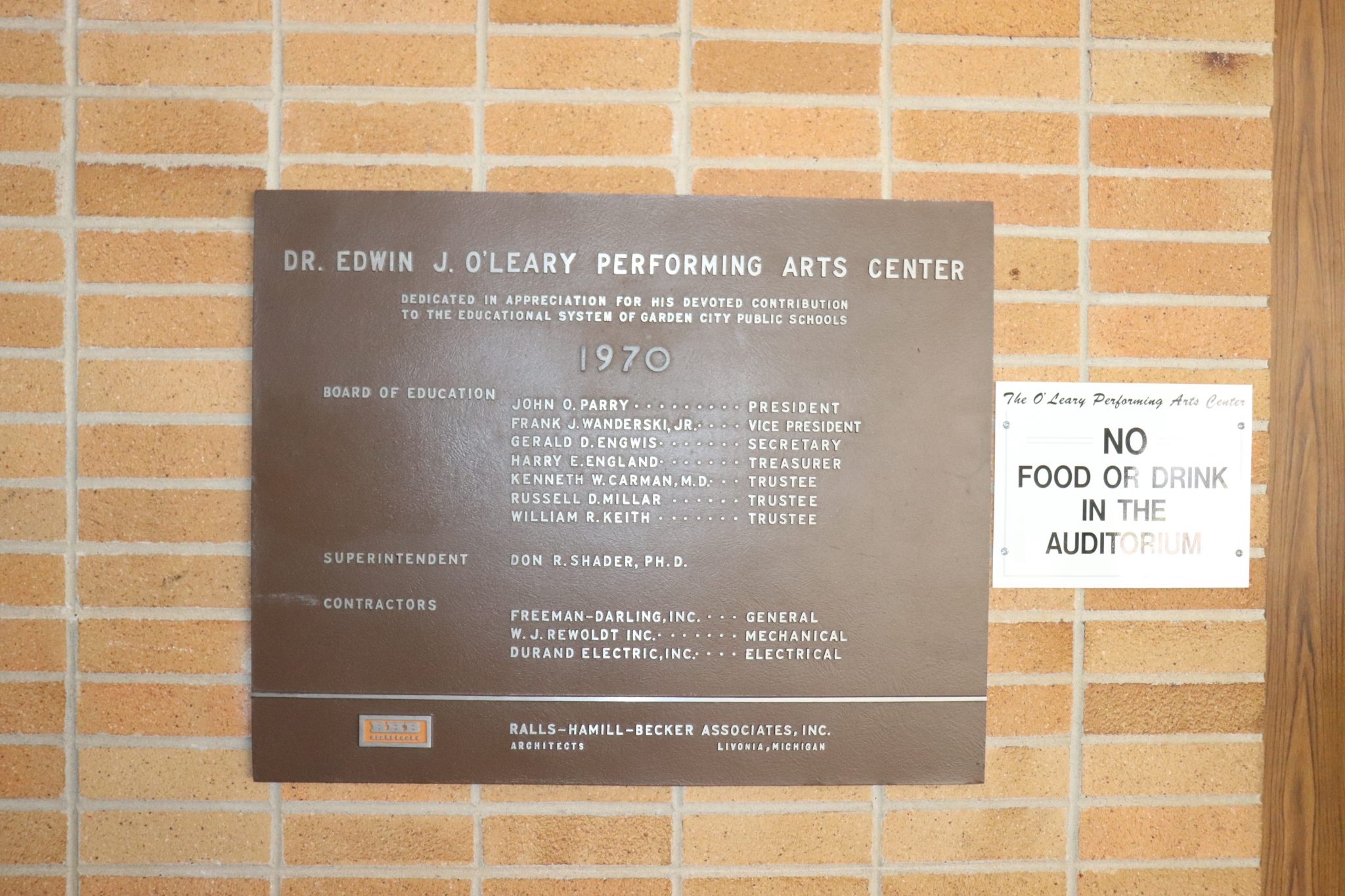
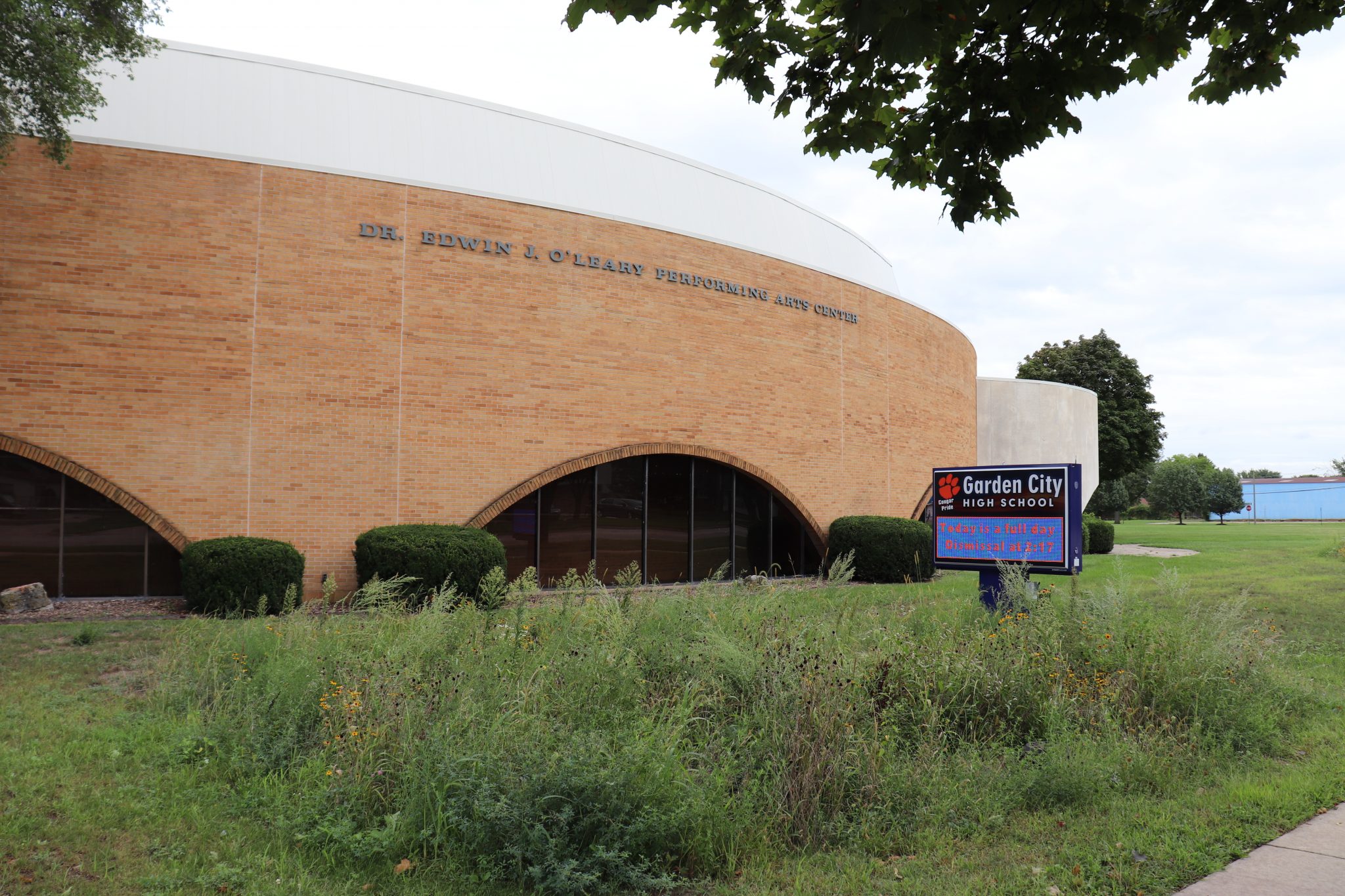

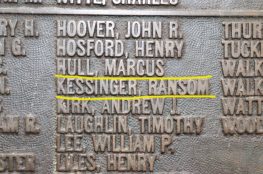


August 23, 2019
Michael –
My name is Lisa Denson-Rives and I am the Dean of Advancement for the College of Education at the Univetsity of Illinois. We have a gift that was made by your Uncle in memory of your Grandfather. I would enjoy the opportunity to talk with you about Edwin and his career. Please call me at 217.300.2752. I look forward to talking with you soon.
Lisa